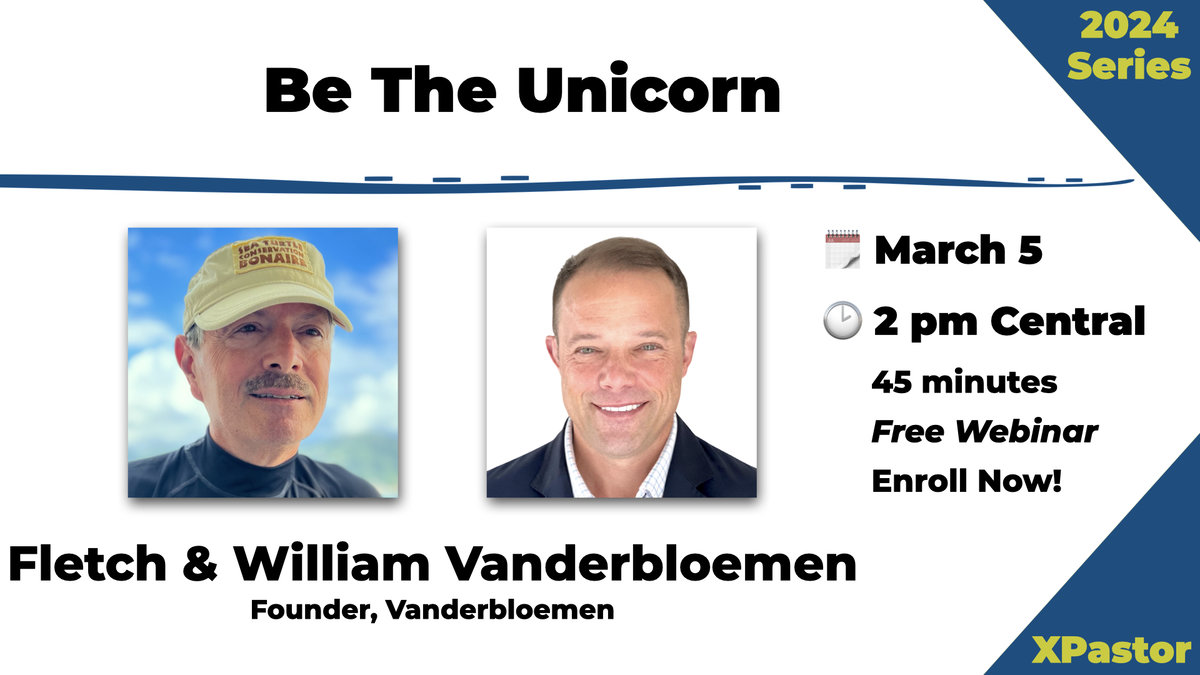We had just hired a new pastor who was to focus on leading our church in the areas of worship and arts. He’d been in our church a little over a month. Had great ideas. Was creative. Thought outside of the box. Exactly what we needed to help usher in a fresh wind of worship to our Creator.
In fact, the night before, he had started a monthly worship gathering that was more interactive and experiential than what could normally happen in the crowded room during our normal weekend worship times. And God was worshipped. Lots of people came. Hearts were opened and people repented. Jesus was the center. By all accounts, the night was highly successful.
The room that held this worship event was our 900-seat worship center. In order for this large room to be rearranged to accommodate a smaller group of worshippers and to create a more intimate feel, many of the chairs had to be removed. Of course, this required a lot of hard work and many hours tearing down the room and setting it back up afterwards.
Because of the difficulty arranging this room, we have tried not to make this a weekly or monthly practice. Informally, we had decided to only change the room environment for large, strategic events two or three times a year.
And here was this new guy, creating a new worship opportunity, removing most of the chairs in the room for only 150 people. Pure economics said that this was not a good use of time and manpower.
The problem is that economics were never my strength. My general philosophy was to fan the flame of creativity and imagination and innovation in order to present Jesus from a wide variety of angles to a wide variety of people. At my core, I am a catalyst who loves to inspire new ideas, new ministries, new efforts, new thoughts, new movements. And yet, I had to have a conversation where my words would be more discouraging than encouraging.
But that wasn’t the only subject I had to talk with him about. Not only had my new worship pastor had a large room cleared, but he had made his request on the day of the event. Now this might not seem like a big deal, but in order for volunteers to be contacted to help, there needs to be longer lead time. Our facilities manager requests a two-week lead time. He was given two hours. The new guy had to quickly get better at planning for the future.
Yuck. More red tape. I felt it tightening around my throat like a noose. And yes, policy and procedures are needed and necessary to make everything flow well together and to help everyone live together happily ever after. But it can still feel restrictive and confining, like a giant vacuum sucking all the air and life out of a room. And here I was, laying this issue on the poor new guy.
But why stop there? Why not just dump everything on him at the same time? Two down, why not three?
And yes, I had a third topic of conversation that I needed to lay at his feet. He wanted a notebook computer for increased flexibility and freedom. But we weren’t going to provide that because of compatibility and support issues. Good reasons, sound reasons, logical reasons, economic reasons. But still, ultimately, restrictive and inhibiting. The opposite of my catalyst nature.
And yes, all three conversations happened on the same day, within two hours of each other. The new guy wasn’t completely happy about the direction the conversations went, but he was ultimately all right. However, I felt disjointed, as if part of my soul had ruptured. Here I was—the one guy called to challenge our staff and to push them into uncharted territory—having to potentially throw out a wet blanket and pull back a very outwardly-thinking leader.
A real bummer.
When is a catalyst not a catalyst? Quite often, actually. When leadership decisions have to be made. When actions of one person or ministry affect more than one person or ministry. When the greater good is at stake.
It would be nice if we had the opportunity to only be a catalyst or an administrator or a minister or an overseer or mentor. But we can’t do that, even when one of those areas is our main strength. At various times, we have to function holistically, fluidly shifting from one function to another at a moment’s notice. We never have the luxury of completely driving our roots too deeply into just one function, at the expense of all the others. And you know what?
Sometimes, that’s just plain hard.











